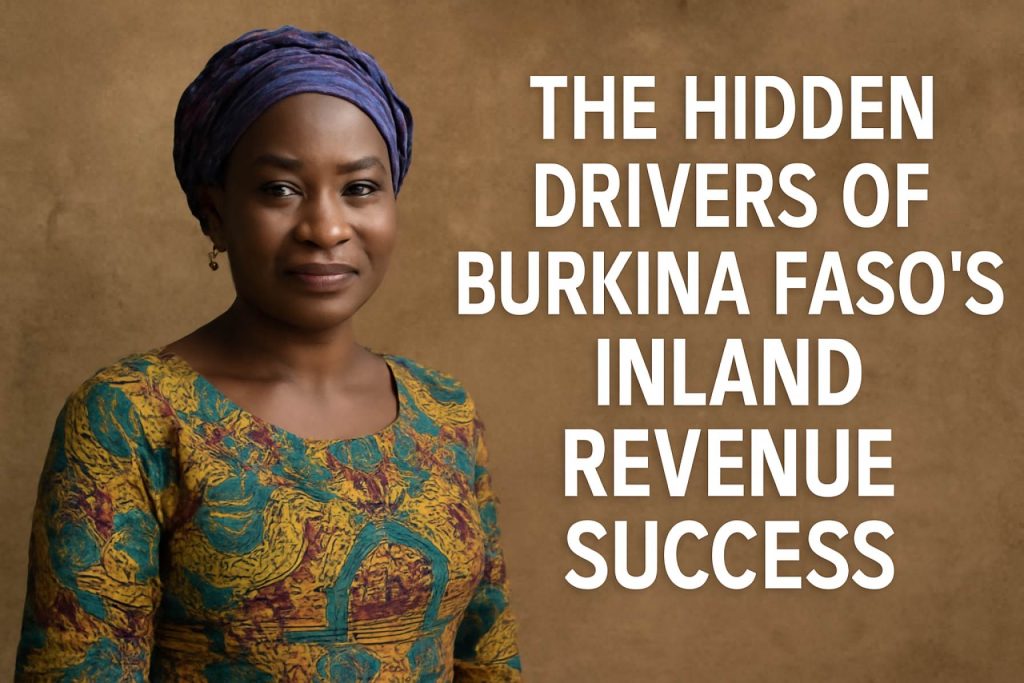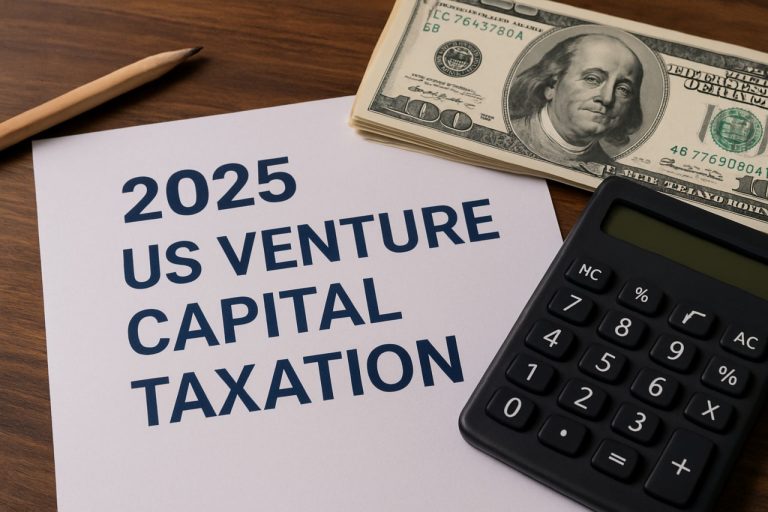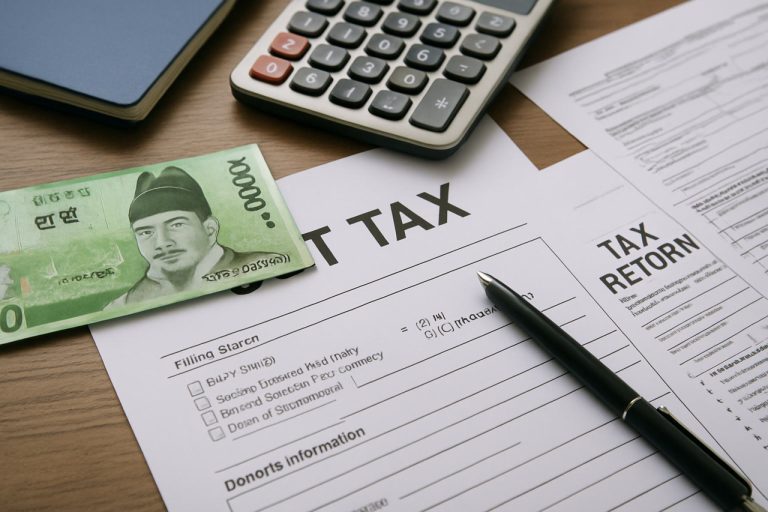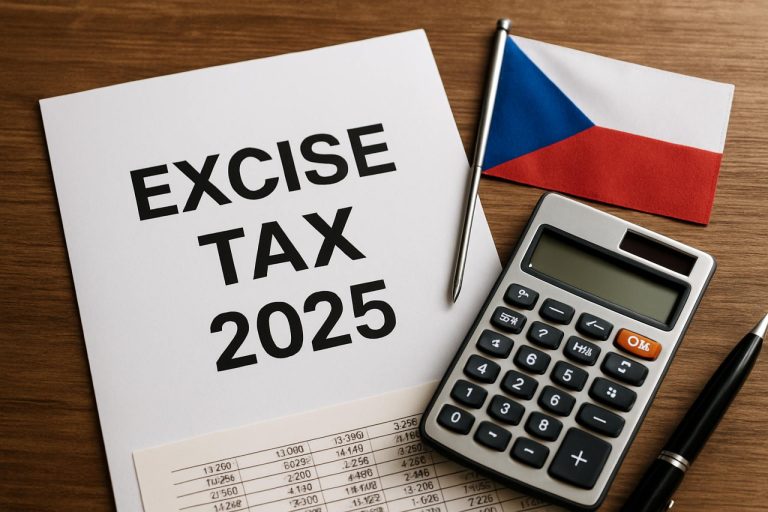
- Burkina Faso is transforming its inland revenue system to boost economic growth and social infrastructure.
- Government initiatives have shifted the tax system from informal practices to structured and transparent processes.
- Digital tools now enhance the efficiency and accuracy of tax collection by reducing errors and streamlining data processing.
- Educational programs raise awareness of tax benefits, engaging local business owners and communities in tax compliance.
- Reforms promote a new perspective on taxes as a communal investment, empowering citizens and fostering trust.
- The revenue system enhancements strengthen Burkina Faso’s financial sovereignty and community resilience.
The sun casts long, golden shadows over Burkina Faso’s sprawling savannah, a testament to a land rich in potential and untapped resources. Beneath this picturesque landscape lies a vibrant economic engine, often overlooked, yet critical to the country’s development: its inland revenue system.
Amidst the challenges posed by geopolitical tensions and economic instability, Burkina Faso has embarked on a journey to enhance its revenue collection processes. The government has strengthened its policies and practices, transforming what was once a highly informal tax system into a structured and transparent operation. This overhaul is pivotal not only for championing economic growth but also for solidifying social infrastructure.
Venture into the bustling streets of Ouagadougou, and you’ll see a workforce buzzing with newfound purpose. Tax collectors, previously hindered by inadequate resources, now wield state-of-the-art digital tools that streamline the documentation of transactions. These digital advancements reduce errors and boost efficiency, ensuring comprehensive data collection and analysis.
This transformation also owes much to a focused education agenda. Workshops and community programs engage local business owners, creating awareness around tax obligations and emphasizing the societal benefits they fuel. Farmers in Bobo-Dioulasso, for instance, learn how their contributions drive the construction of roads that deliver their crops to wider markets, enhancing livelihoods and consolidating community resilience against economic shocks.
Burkina Faso’s inland revenue system is not just about fiscal discipline; it’s a narrative about trust and empowerment. The initiative instills a sense of participation among citizens, who see taxes not as a burden but as a communal investment for a brighter future.
The takeaway message here is unequivocal: effective inland revenue collection serves as the backbone to Burkina Faso’s development. By fostering innovation, transparency, and community engagement, the nation charts a course toward greater prosperity and stability. Through the revitalized lens of revenue collection, Burkina Faso not only reinforces its financial sovereignty but also carves out a resilient path forward for its people.
As morning light illuminates verdant fields and the hum of daily life resumes, it’s clear that the foundations laid today will echo for generations, driven by the silent yet powerful current of inland revenue.
The Untold Potential of Burkina Faso’s Inland Revenue Transformation
Enhancing Tax Collection in Burkina Faso: Facts and Insights
Burkina Faso’s push to reform its inland revenue system marks a decisive step toward sustainable economic growth. Here are some additional insights and information not fully explored in the original article:
How To Steps & Life Hacks for Efficient Tax Systems
1. Digital Integration: Integrate state-of-the-art digital tools to streamline tax processes, reducing human error and increasing efficiency.
2. Community Engagement: Conduct regular workshops with local businesses to educate them on tax obligations and the benefits these contribute to the community.
3. Policy Modernization: Continuously update tax policies to reflect current economic conditions and global best practices.
Real-World Use Cases
– In countries like Rwanda, similar digital tax systems have drastically improved revenue collection by widening the tax base and promoting transparency.
– Ghana’s introduction of the Ghana Revenue Authority has seen increased compliance due to simplified tax processes and stronger enforcement measures.
Insights & Predictions
– Economic Growth: As Burkina Faso continues to refine its tax collection, the country can expect increased public revenues, allowing for more significant investments in infrastructure, health, and education.
– Investment Attraction: With a more stable fiscal environment, foreign investments could rise, boosting further development.
Market Forecasts & Industry Trends
By 2025, the global trend for digitizing tax systems is expected to expand further across West Africa, with countries like Burkina Faso leading the charge in sub-Saharan Africa.
Pros & Cons Overview
– Pros: Increased transparency, improved fiscal stability, enhanced public infrastructure, higher community engagement.
– Cons: Initial high cost of digital infrastructure implementation, potential resistance from businesses not familiar with digital tools.
Security & Sustainability
Implementing robust cybersecurity measures is pivotal for protecting sensitive taxpayer data in a digitalized tax system. Furthermore, sustainable tax policies that adapt to both local and global economic changes are key for ongoing success.
Actionable Recommendations
– Government: Maintain transparency and adapt to technological advancements to foster trust in the tax system.
– Business Owners: Engage actively in educational workshops to understand implications and benefits of tax compliance.
– International Partners: Support technological and educational initiatives to bolster the ongoing reforms.
In conclusion, Burkina Faso’s strides in refining its inland revenue system highlight a promising path toward economic prosperity and social development. By fostering innovation and community involvement, Burkina Faso sets a benchmark for similar economies aiming for fiscal stability and growth.
For more insights into global economic trends, visit the International Monetary Fund.



